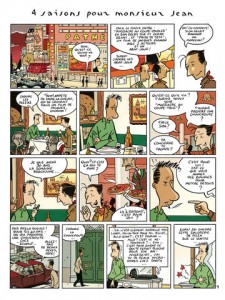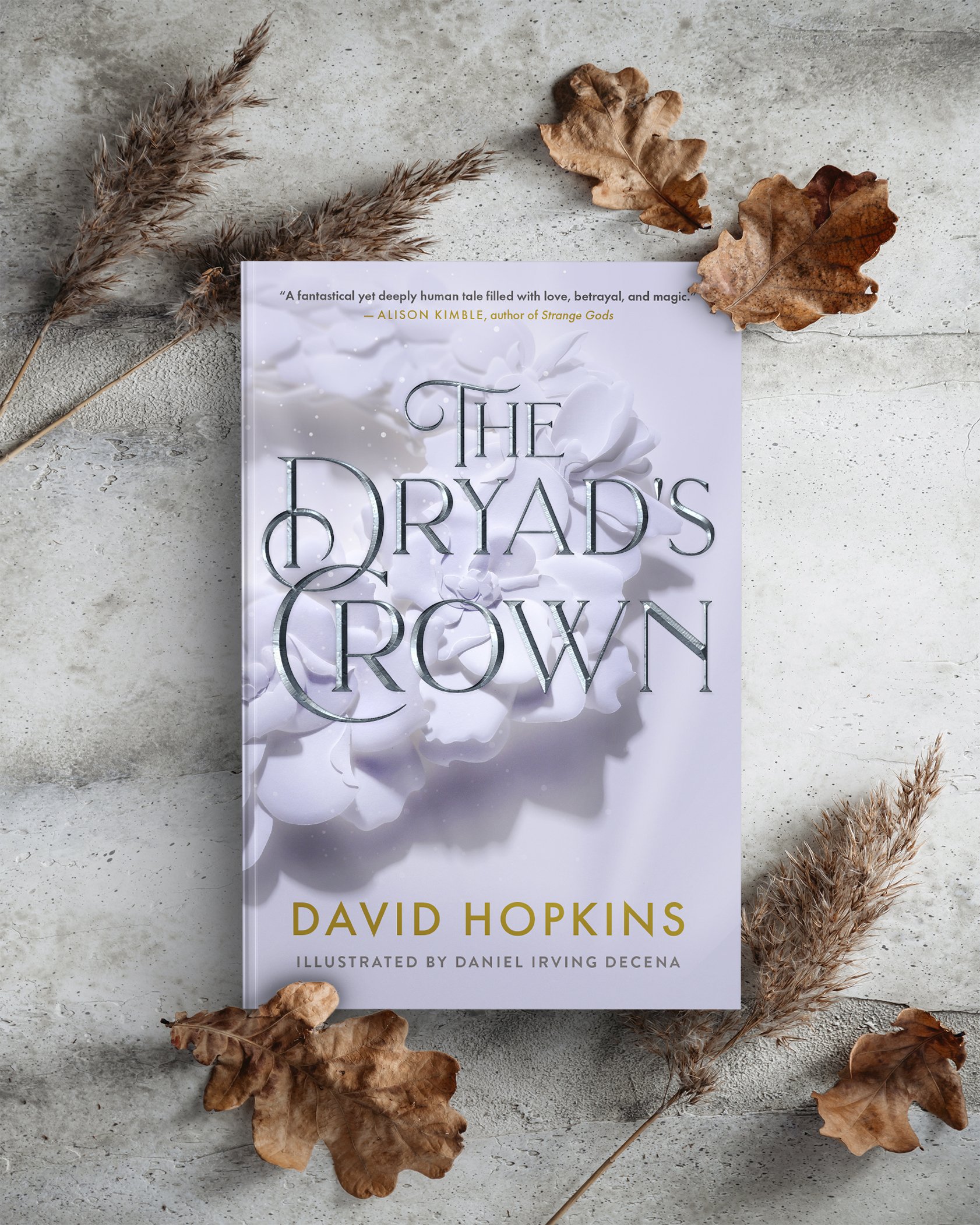 During a tragedy, I try to stay away from Facebook. Some of my friends (who are wonderful, kind, and intelligent people) just start posting stuff that puts me on edge. Then I try to figure out why I'm on edge, and then I start playing the game Who-I-Most-Agree-With-and-Why, and it really distracts me from the actually tragedy.
Finally, it ends with a blog post. Like this one.
During a tragedy, I try to stay away from Facebook. Some of my friends (who are wonderful, kind, and intelligent people) just start posting stuff that puts me on edge. Then I try to figure out why I'm on edge, and then I start playing the game Who-I-Most-Agree-With-and-Why, and it really distracts me from the actually tragedy.
Finally, it ends with a blog post. Like this one.
On Friday, Paris was attacked by terrorists. Before that, terrorists also attacked Beirut. Horrible. Terrible. Heartbreaking.
Then, I see people on Facebook complaining that more people are upset about Paris and didn't even know (or care) about Beirut. The implicit judgment: You hypocrite. And some astute people are able to point out tragedies that have taken place all over the world — Peshawar, Qasoor, Karachi, Syria, Afghanistan, Iraq, Egypt, Serbia, Croatia, Boko Haram, Darfur, Palestine, and Israel. Let's also not forget the atrocities happening in Central and South America. The implicit judgment: Do your homework, you hypocrite.
It's true. The tragedy in Paris hit me the hardest. Is it because I think French lives are more important than the lives of people elsewhere? Not at all. I want to care about all tragedies in equal measure, but I don't, and I don't think you do either. I think it comes down to how close we are to the tragedy.
I haven't done a lot of international traveling in my life. I've been to Russia, and I've been to Mexico, and that's about it. But I've watched movies by Francois Truffaut. And I adore them. I've seen Jean-Pierre Jeunet's Amelie and A Very Long Engagement several times, not to mention other great French films. I've read Monsieur Jean by Dupuy and Berberian — and countless other French graphic novels. Art and literature put me in closer proximity to that place. Paris, a place I've never visited, feels alive through decades worth of exposure to great French artists.
Why do I care about Iran? I read Persepolis by Marjane Satrapi. Why do I care about Palestine? I read Palestine by Joe Sacco. Why do I care about Israel? I read Exit Wounds by Rutu Modan.
Let's not make this about us. You aren't a horrible person because you're fond of the places closest to you. And for someone who hasn't had the means to travel as much as he'd like, the only way I can connect to these places is through art and literature. On some level, my view of England has been shaped by Doctor Who and Harry Potter. Japan? Lots and lots of manga, Kurosawa, and Miyazaki. Just as I'm sure that the world sees New York City as the place where Marvel super heroes live, and Texas will always be the home of westerns and John Wayne.
Instead of telling others how they are supposed to feel about a tragedy, how about sharing with them some of your favorite art and literature from those other countries? The ones we habitually and shamefully skip over. I know there's something I'm missing out on, and you have an opportunity to let me in on the treasures of those other cultures. Then it becomes a real place.
As you might guess, I think the best place to start is with translated works. I'm fond of comic books and graphic novels from other countries. First Second has a good collection. And if you like prose novels, Deep Vellum is doing some great work.
Yes, I realize the issue is bigger and more substantial than "I haven't seen any great movies about Syria recently." Does the U.S. news media do a good job covering international events fairly and in equal measure? Of course not. However, let's save that frustration for where and when it's due. If we want to keep the conversation positive and productive, it starts with introducing people to new places and new people, not by policing how we respond to tragedy.
(For further reading: "Tragedy hipsters" and the #alllivesmatter-ification of grief https://storify.com/JamilesLartey/on-fff)
